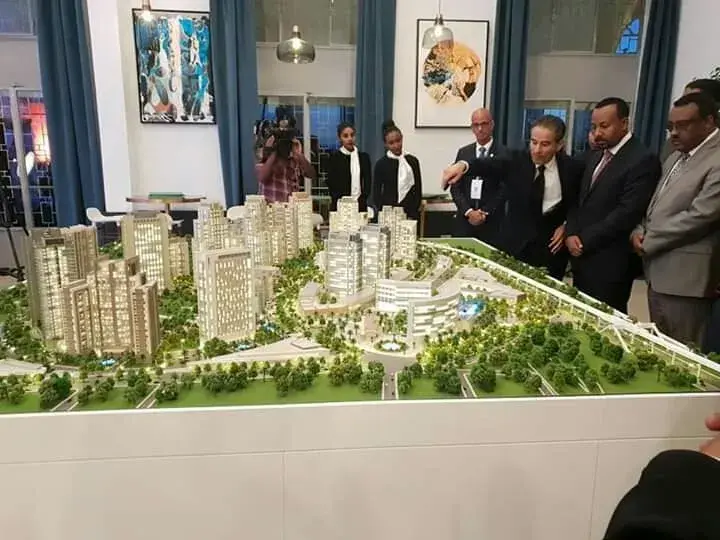A landmark piece of legislation that could allow foreigners to own real estate in Ethiopia has received unanimous approval from the Council of Ministers. The bill will go through the House of People’s Representatives before it is signed into law.
Prime Minister Abiy Mohammed (PhD) told a group of large taxpayers in March of last year that the bill was in its final stages of drafting and would fast-track real estate development in the country. In the same month, a directive signed by the PM opened Ethiopia’s retail, wholesale, import, and export sectors to foreign investors. The move reversed decades of certain segments of the economy being reserved for locals. However, the new bill approved by the Council represents a far more significant shift in allowing foreigners to own immovable property in Ethiopia.
Property ownership laws in Ethiopia have evolved through three distinct periods over the past sixty years. Nonetheless, legislation over landownership has remained relatively fixed. The 1995 constitution places the right to ownership of rural and urban land, as well as of all natural resources, exclusively in the state and in the people of Ethiopia. While individuals have the right to use it, they do not own the land. Urban land titles have been primarily transferred from the state to individuals through either leasehold certificates or allotments by the relevant authority. Real estate industry experts have often cited the lack of a unified and clear land policy alongside robust property rights as one of the forces undermining the sector’s development.


No Comment Found.